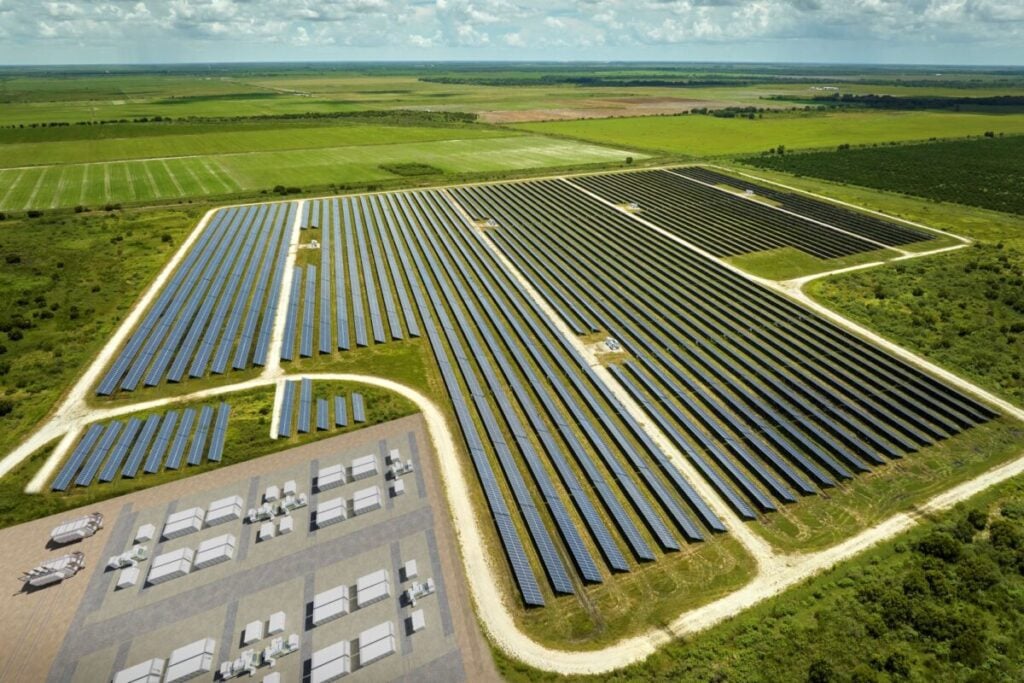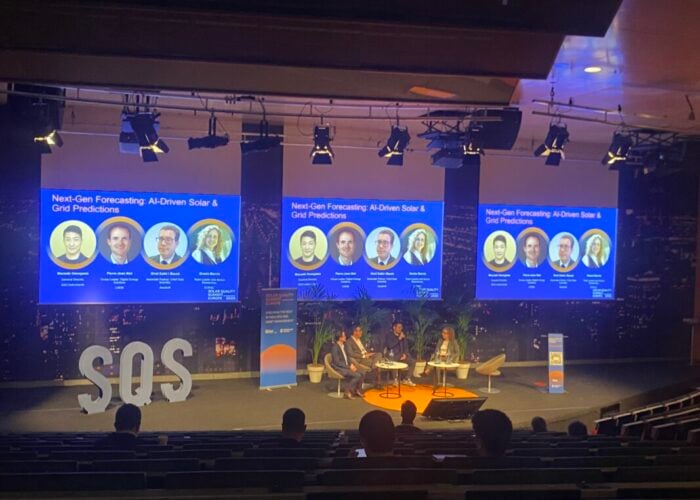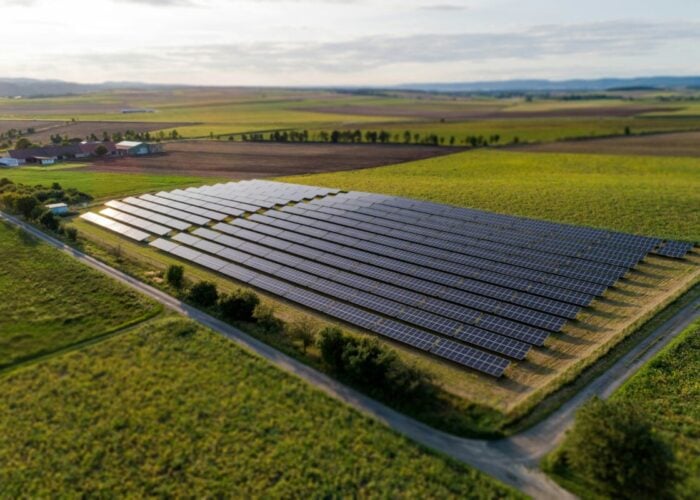
In Europe, PV panel prices fell marginally between May and June, leading to a slight downturn in European module buyers’ market confidence.
This is according to sun.store’s latest pv.index update, covering market trends in European solar on a monthly basis, with data now covering the first half of the year. Compared to the previous month, average module prices fell across the industry, with monofacial n-type, monofacial p-type and bifacial n-type all seeing a 3% month-on-month decline in prices.
Try Premium for just $1
- Full premium access for the first month at only $1
- Converts to an annual rate after 30 days unless cancelled
- Cancel anytime during the trial period
Premium Benefits
- Expert industry analysis and interviews
- Digital access to PV Tech Power journal
- Exclusive event discounts
Or get the full Premium subscription right away
Or continue reading this article for free
Full black modules now have the highest average price in Europe, for the first time since sun.store began tracking pricing data in June 2024, with an average price of €0.102/W (US$0.12/W). This is the highest price for this type of module since September 2024, which preceded a collapse in average module prices across the industry, which saw the average price of p-type monofacial modules, the cheapest in Europe, bottom out at below €0.08/W.
This moderate drop in prices was joined by a moderate decline in market confidence. The PV Purchasing Manager’s Index (PV PMI) is an assessment of general optimism for market growth among module buyers; a figure of above 50 on sun.store’s index suggests a general assumption that the market will grow in the months to come. As shown in the graph below, PV PMI, represented in orange bars, reached 68 in June, still a positive figure, but the lowest figure reported so far this year.
This decline in module prices was also reflected by sustained falls in inverter prices. The average price of hybrid inverters fell by 3% month-on-month, and while on-grid inverters larger than 15kW remained relatively steady – only falling from €24.43/kW to €24.32/kW – on-grid inverters smaller than 15kW saw prices fall by 4% month-on-month. This trend is nothing new, however, and the decline in prices of all types of inverters means that the price of all inverter types tracked by sun.store has fallen considerably since January of this year.
Perhaps unsurprisingly, June also saw a minority of buyers expect to purchase “more” modules in the coming months, for the first time this year. In June, 49% of buyers said they planned to increase module purchases in the coming months, compared to 13% who said they planned to buy lower quantities – a figure that is unchanged from May – and 38% who said they planned to buy the same quantities.
These trends in buyer optimism are shown in the graph below, with the June 2025 figure the highest percentage of respondents expecting buying trends to remain unchanged since August 2024.
Stability in brand popularity, changes in battery prices
Last month’s report also introduced “brand trends”, a ranking of the most popular brands of inverters and modules in Europe, which also reported on in June. According to sun.store, Trina is now the most popular solar module brand in Europe, after being the fourth-most popular brand in May, while JA solar, the most popular brand last month, is now just the third-most popular brand.
This year has also seen a sustained decline in the popularity of LONGi, which was the most popular brand in February, before falling to the number five spot in May and now rebounding a little to be the fourth-most popular brand in June.
There is more stability at the top of the inverter rankings, with Deye celebrating its third consecutive month as the most popular hybrid inverter brand in Europe, and Huawei marking its fourth consecutive month as the leading on-grid inverter brand. As was the case in May, Chinese giants dominate both module and inverter popularity rankings, although Austrian inverter manufacturer Fronius was the fifth-highest inverter brand, for both on-grid and hybrid inverters, for the second and fourth consecutive months, respectively.
The latest sun.store report also tracks trends in battery prices, reporting changes in the price of two types of batteries – “mid-range battery systems” and “premium” batteries – over the course of this year. The average price of premium batteries has increased each month over the course of the year, from €288.55/kWh in January to €316.22/kWh in June, and increasing by 1% month-on-month in June.
The average price of mid-range batteries is almost half of this figure – €165.46/kWh in June – and has actually fallen from a high of €168.75/kWh in January, which remains the highest figure reported this year for the average price of this kind of battery.
Huawei and Deye are also among the most popular battery brands in Europe. In addition to their popularity in the inverter space, the leading Chinese companies were the most and third-most popular brand of battery in Europe in June.






